Farm owners learn the importance of succession planning at Shelburne workshop
| Published: 03-30-2025 11:29 AM |
SHELBURNE — When it comes to the future of Franklin County farms, there’s so many options: they can be placed under an Agricultural Preservation Restriction, donated to a local conservation agency or sold to the next generation.
It can be overwhelming, though, to think about the future of the farm while you’re out in the field. To help folks around the region prepare for those plans, the American Farmland Trust welcomed dozens of farmers to Fellowship Hall in Shelburne last week to share insight into assistance programs for farm succession planning and the importance of proactive planning when charting a farm’s future course.
Other organizations and agencies in attendance were the Franklin Land Trust, Land for Good and the Massachusetts Department of Agricultural Resources.
Jae Silverman, the Massachusetts field agent with the non-profit technical assistance organization Land For Good, said Franklin County’s agriculture industry is ripe for succession planning and each process can play out differently.
“Farm succession itself ends up being a really big topic around here and when we talk about farm succession, at its core it’s really the transfer of income, assets and management from one generation to the next,” Silverman said. “That can happen in a lot of different ways.”
With succession, though, comes thoughts of “retirement” and the apprehensions that come with such a major decision.
Silverman, who is a first-generation hay farmer in Conway, said it can be difficult to do this sort of planning when retirement is far off, but it’s important to at least start pulling information together and giving it consideration, as succession planning can be a long-term project.
“Retirement, when it comes to farming, is a really difficult thing to grapple with,” Silverman said. “This can be a big roadblock for a lot of folks to get going on succession planning itself, feeling like it’s too much about retirement and too much about no longer farming, and that doesn’t have to be the case.”
Article continues after...
Yesterday's Most Read Articles
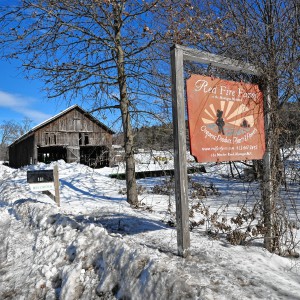 Four Red Fire Farm workers arrested as part of ICE operation in Springfield
Four Red Fire Farm workers arrested as part of ICE operation in Springfield
 Avery’s General Store building in Charlemont for sale
Avery’s General Store building in Charlemont for sale
 Greenfield seeks renewal of Slum and Blight designation to bring in funds for infrastructure
Greenfield seeks renewal of Slum and Blight designation to bring in funds for infrastructure
 Amherst’s Ryan Leonard signs entry-level contract with Capitals, expected to make NHL debut Tuesday in Boston against the Bruins
Amherst’s Ryan Leonard signs entry-level contract with Capitals, expected to make NHL debut Tuesday in Boston against the Bruins
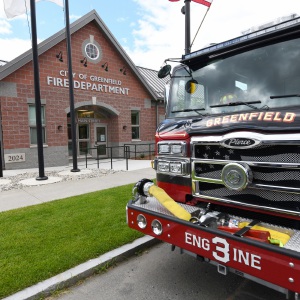 Greenfield Fire Station’s energy use 250% higher than expected
Greenfield Fire Station’s energy use 250% higher than expected
 The ills of a billion-dollar enterprise: The slow-death of the cannabis industry, and what might be done to reverse the trend
The ills of a billion-dollar enterprise: The slow-death of the cannabis industry, and what might be done to reverse the trend
Why is succession planning so important?
On top of ensuring the financial transitions to family or farming partners are smooth, Jamie Pottern, senior New England program manager with the American Farmland Trust, said planning can keep farmland in production or, at the very least, preserved as open space.
Pottern said Massachusetts is projected to lose 74,000 acres of farmland by 2040, with Franklin County projected to lose between 2,300 and 4,600 acres of farmland in that timeframe.
The farmer population is also aging in Franklin County, with about one-third of farmers being 65 years old or older.
A silver lining, Pottern added, is one-third of farmers in Franklin County are new or beginning farmers, and many more people are exploring ways to break into the industry.
“They’re here in Franklin County, they want to get to be the next generation of farmers, but they may struggle to afford them,” Pottern said, mentioning the extremely high property values in Massachusetts. “We’re really here to inspire you all to take action now to secure, protect, strengthen and transition the remaining farmland we do have left.”
Many of the programs shared Thursday evening have existed for years, but MDAR officials shared the new Farm-Pass, or Farm Transfer Planning Assistance program, which provides direct service to farmers looking to pass their business along to the next generation.
Farm-Pass is a new direct assistance program that helps guide farmers, family members and the farm’s identified successor through a farm transfer plan with free one-on-one meetings with a MDAR expert.
The program runs over a one-year course and helps farmers set retirement and future farm business goals, as well as create next steps for asset transfers and management.
“This is specifically targeted if you are a farm owner and already have an identified successor for your farm,” said Melissa Adams, MDAR’s Farm Viability & Agricultural Business Training Programs coordinator. “There is a lot that goes into this and we really want to invest in helping people make successful transfers.”
Other programs and businesses represented at the workshop were Kit Sabo and the Collaborative Resolutions Group, which offers mediation for farms; Greenfield-based attorney Luke Goodridge, who spoke about estate planning and tax implications; and Benneth Phelps, executive director of The Carrot Project, which offers business assistance to farms.
Chris Larabee can be reached at clarabee@recorder.com.

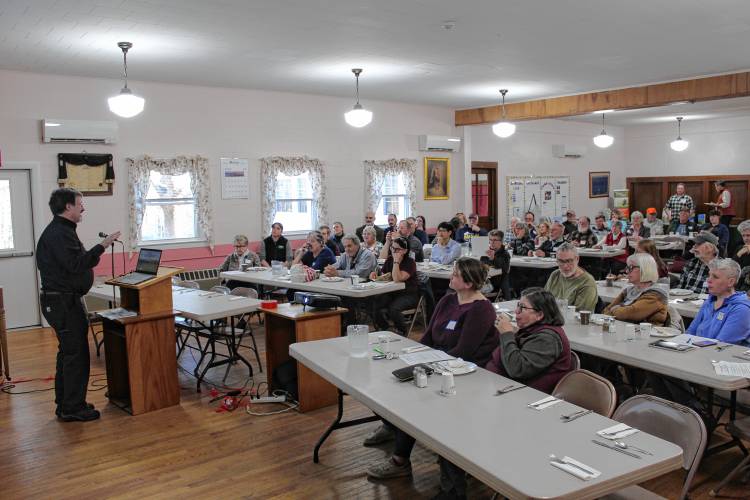
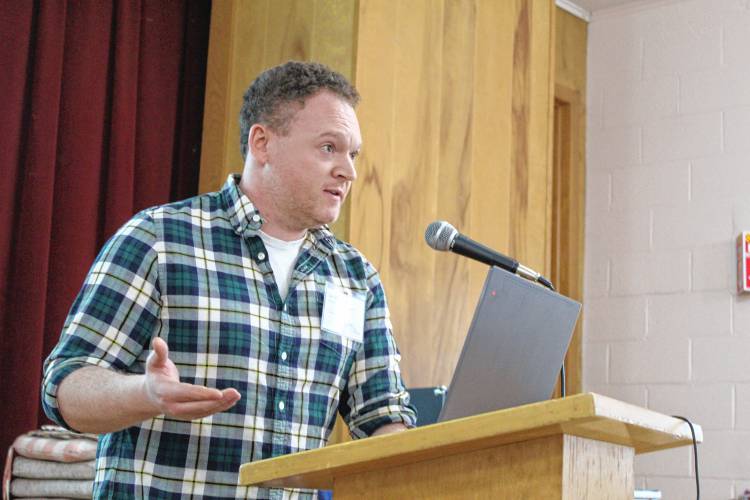





 Literacy Project celebrating 40 years of education
Literacy Project celebrating 40 years of education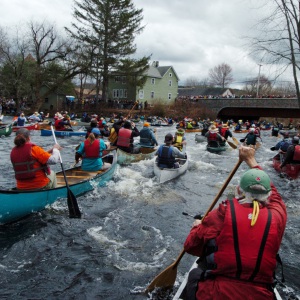 River Rat Race returns for 60th year on April 12
River Rat Race returns for 60th year on April 12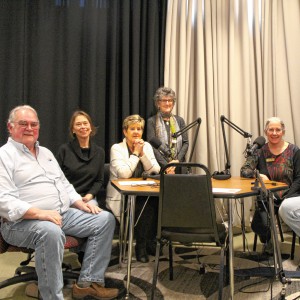 Backyard Oasis, connecting older adults with podcasts, celebrates 50 episodes
Backyard Oasis, connecting older adults with podcasts, celebrates 50 episodes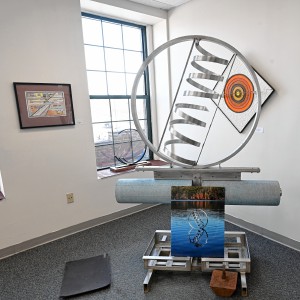 Stage on Main exhibit displays Athol resident’s work through the decades
Stage on Main exhibit displays Athol resident’s work through the decades
